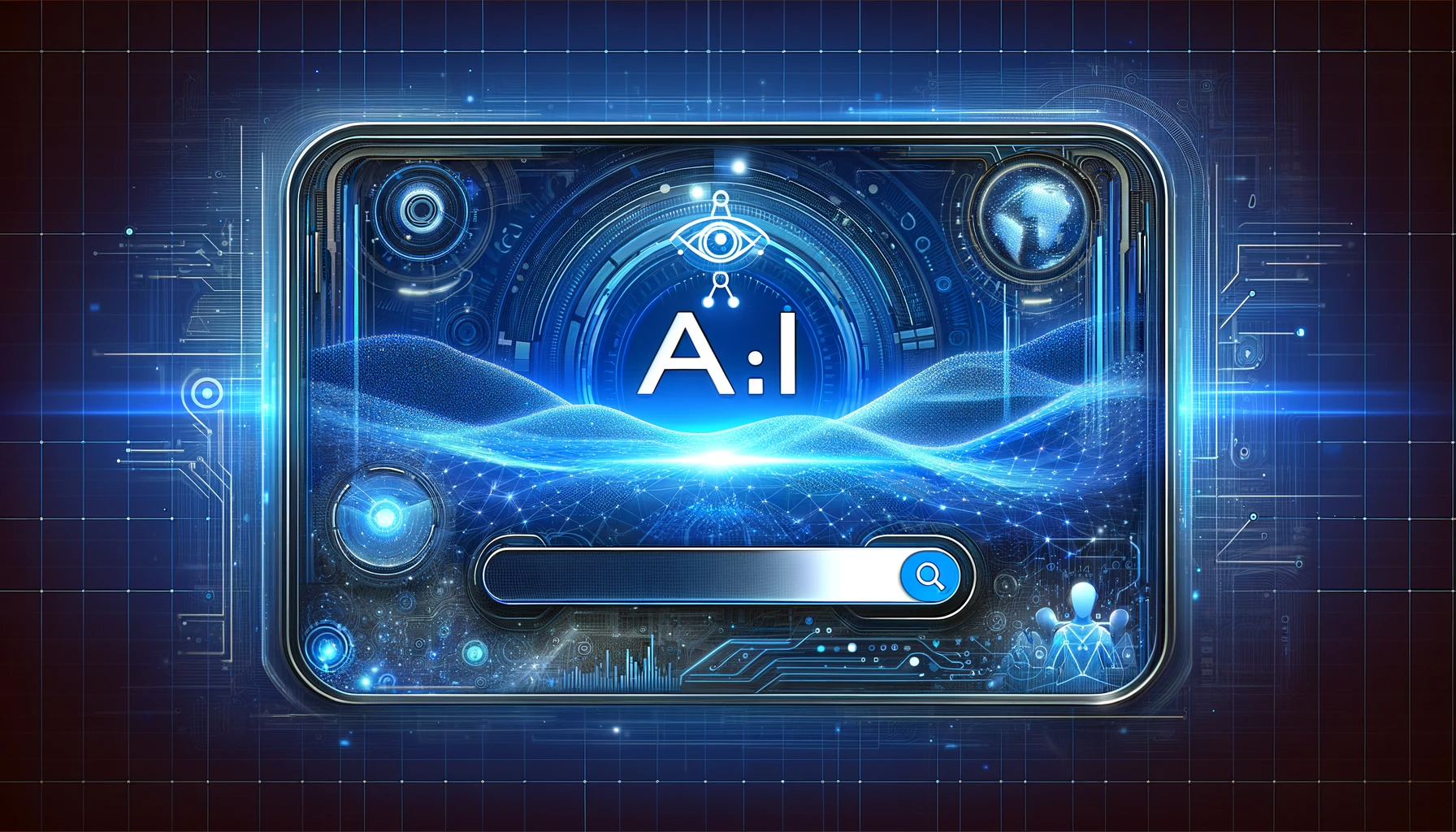Have you ever searched for yourself or your brand using AI technology?
If not, it’s high time you did so because the era of AI-driven search is upon us. We’ve witnessed the integration of AI in search engines like Bing and Google, and it’s clear that this trend is here to stay. Soon, the search experience will become seamless, but with it comes a potential pitfall, “AI Drift.”
Imagine this scenario: someone uses AI to search for your brand, but the AI hallucinates instead of finding accurate information. It might confuse your brand with another, generate false information, or even cite sources that lead your customers straight into the arms of your competitors. An irritating thought, right?
I’ve delved deep into this issue, investing around a dozen hours in research, and I’ve discovered one clear-cut solution that consistently delivers accurate results.
Why is this important, you ask? Well, here’s the thing: the most inaccurate information tends to surface when dealing with personal brands. Take, for example, my own experience. I searched for myself, Steven J. Wilson, on platforms like Chat GPT, Bard, and others that utilize OpenAI’s API.
Despite adding specific details like “Steven J. Wilson SEO consultant,” the AI responses were only about 50% accurate. Let me explain the source of this confusion.

I have a substantial online presence with plenty of content, so theoretically, the AI should know that it should be focusing solely on me. However, there’s a catch.
A well-known singer named Steven Wilson, who’s been around for quite some time, has his own Wikipedia page. This resulted in a mix-up between the two of us, and my details were blended with those of the singer.
Now, consider this issue on a larger scale with well-established brands. AI doesn’t seem to hallucinate or suffer from AI drift in such cases.
Because these established brands often have Wikipedia pages, which act as a reliable reference point.

So, here’s the key takeaway: if you’re serious about ensuring that AI accurately represents your brand, you should consider establishing a Wikipedia page sooner rather than later. However, for personal brands, this can be quite challenging.
Even though I can be easily found through a Google search and have received mentions on platforms like Forbes, one missing piece ticks all the boxes for being considered a notable brand on Wikipedia, and that’s a featured interview from a reputable media source for me.
I encourage you to experiment with your brand and understand the results and their underlying reasons. Wikipedia is likely to be the primary source AI relies on, but other sources might be mentioned. Your job is to establish your credibility and presence in those places.

In conclusion, whether it’s a company researching you for a potential brand deal or an employer considering you for a job, you want to ensure that all the information presented paints you in the best possible light. These are the same principles that SEO experts have focused on for years when it comes to dominating the first page of Google for your brand or business.
Don’t let AI set the narrative about who you are; take control of your story, starting with Wikipedia. AI-driven search is a significant evolution in the world of search, and it’s one you can’t afford to ignore.
Your brand’s reputation and visibility are at stake, so make sure you’re the one shaping the narrative.





